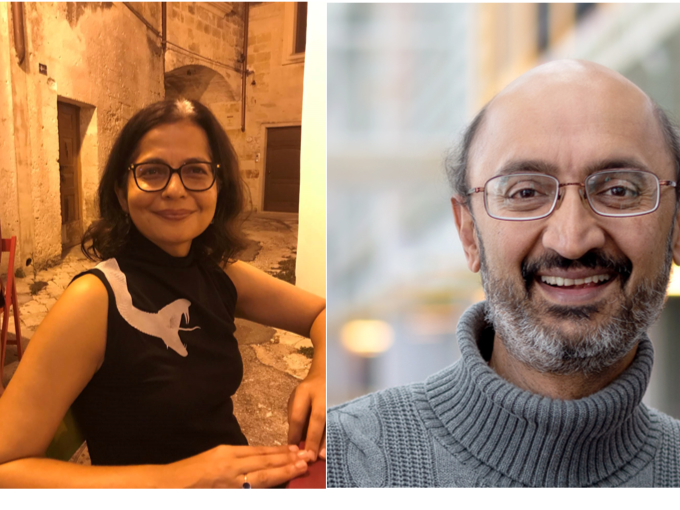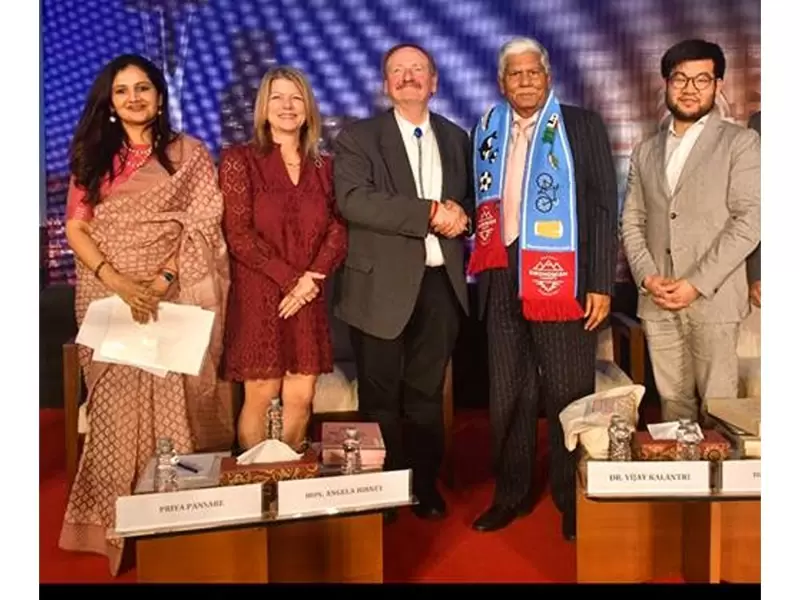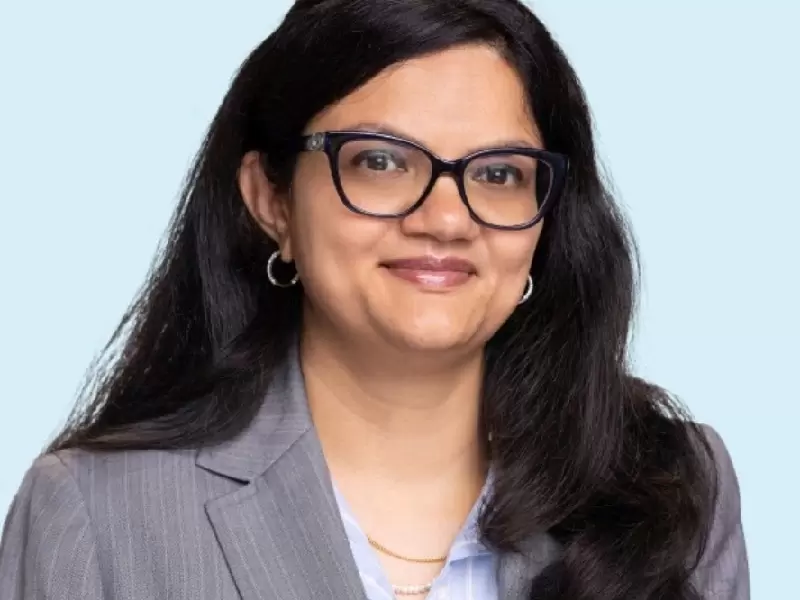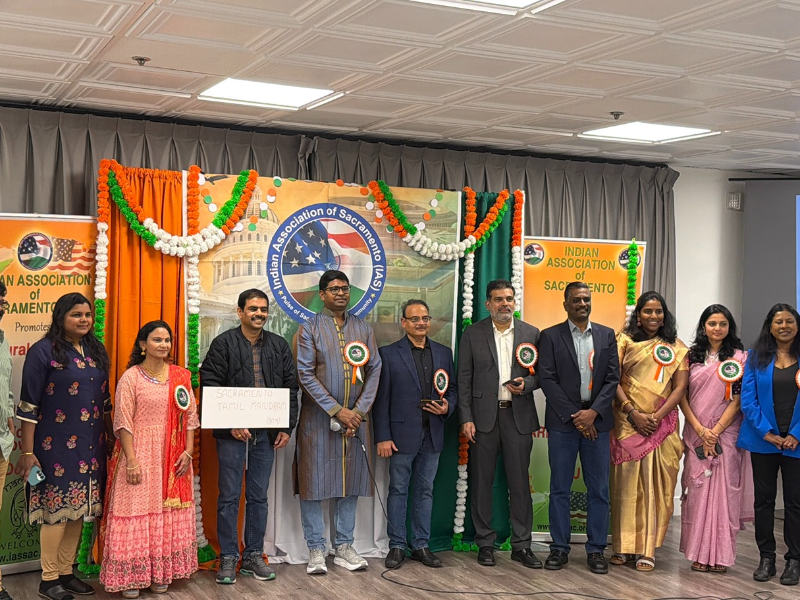Cambridge researchers accelerate transition to zero-emission economy
Dr. Ruchi Choudhary and Professor Srinivasan Keshav of the University of Cambridge are developing innovative solutions to accelerate the global shift towards a net zero and ultimately zero emissions economy.

Dr Ruchi Choudhary and Professor Srinivasan Keshav of the University of Cambridge are developing innovative solutions to expedite the global shift towards a net zero and ultimately zero emissions economy.
An expert in building simulation and environmental characteristics of the built environment, Chaudhary is leading the multi-disciplinary Energy Efficient Cities initiative (EECi) alongside colleagues in transport technologies and urban planning. Her study involves the simulation of urban scale environments, with a specific emphasis on uncertainty analysis and improvements of existing buildings. The goal is to develop strategies for energy-efficient cities, considering the wide variability among buildings and the dynamic nature of factors such as economics, regulations, and emerging technologies.
The urgency for effective nature-based solutions to address the biodiversity and climate crises is mounting. Governments and the public are pressuring for the implementation of global programs that can sequester billions of tons of carbon annually and protect biodiversity. Professor Srinivasan Keshav, from the Department of Computer Science and Technology, is at the forefront of reducing the carbon footprint of energy generation, transportation, and buildings.
His recent research focuses on digital monitoring, reporting, and verification for trustworthy carbon credits, particularly those derived from avoided deforestation. With over 100 world leaders pledging to end deforestation by 2030 at COP26, the challenge lies in ensuring the effectiveness of deforestation solutions and accurately tracking associated carbon credits used to offset emissions.
The University of Cambridge researchers are actively working towards developing practical and scalable solutions that can contribute to the rapid transition to a zero-emissions target. By combining expertise in building simulation, urban planning, and carbon credit verification, they aim to address the pressing environmental challenges of the present time.
ADVERTISEMENT
ADVERTISEMENT
E Paper
Video


















Comments
Start the conversation
Become a member of New India Abroad to start commenting.
Sign Up Now
Already have an account? Login